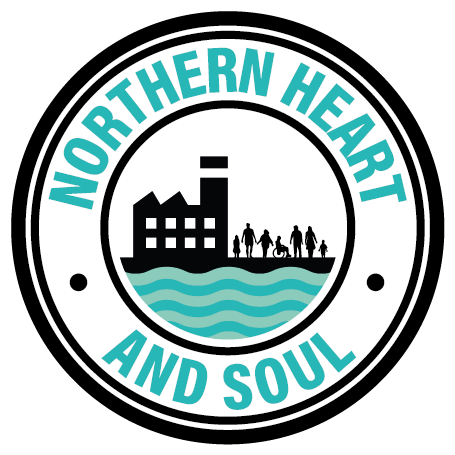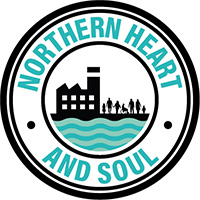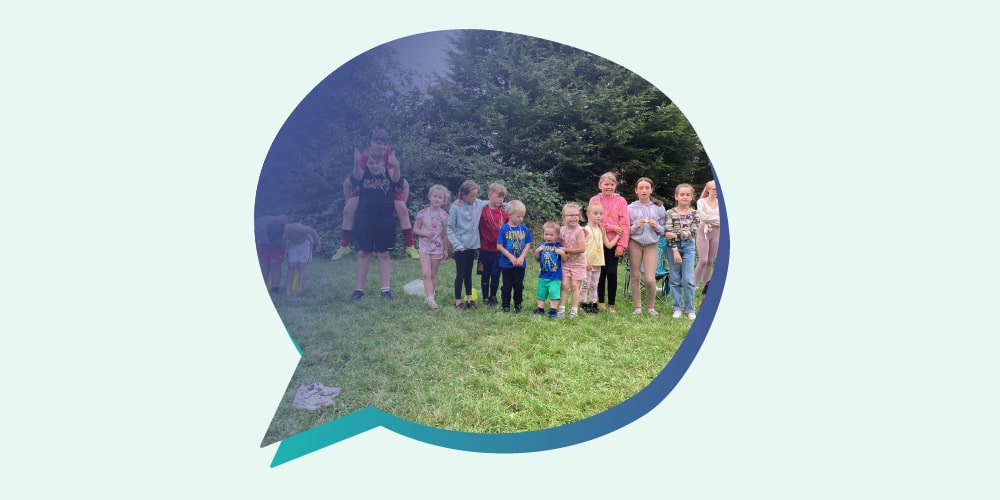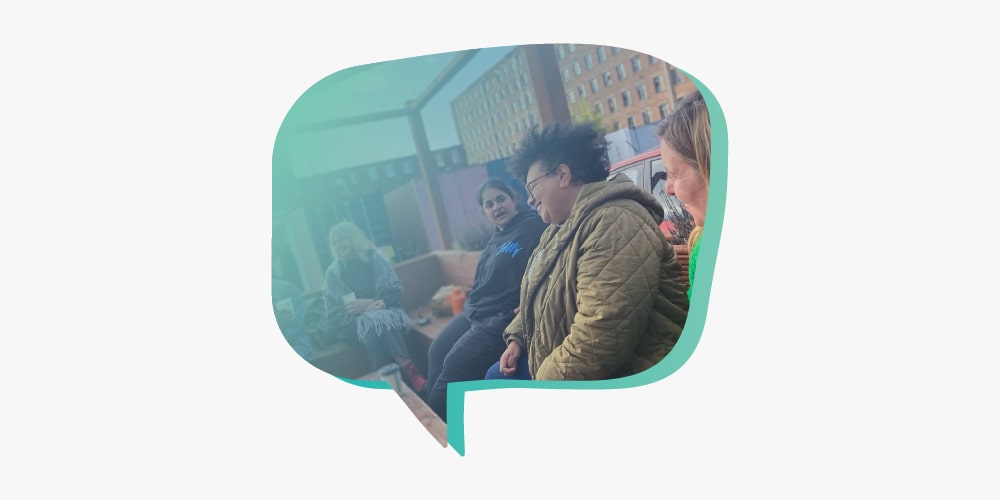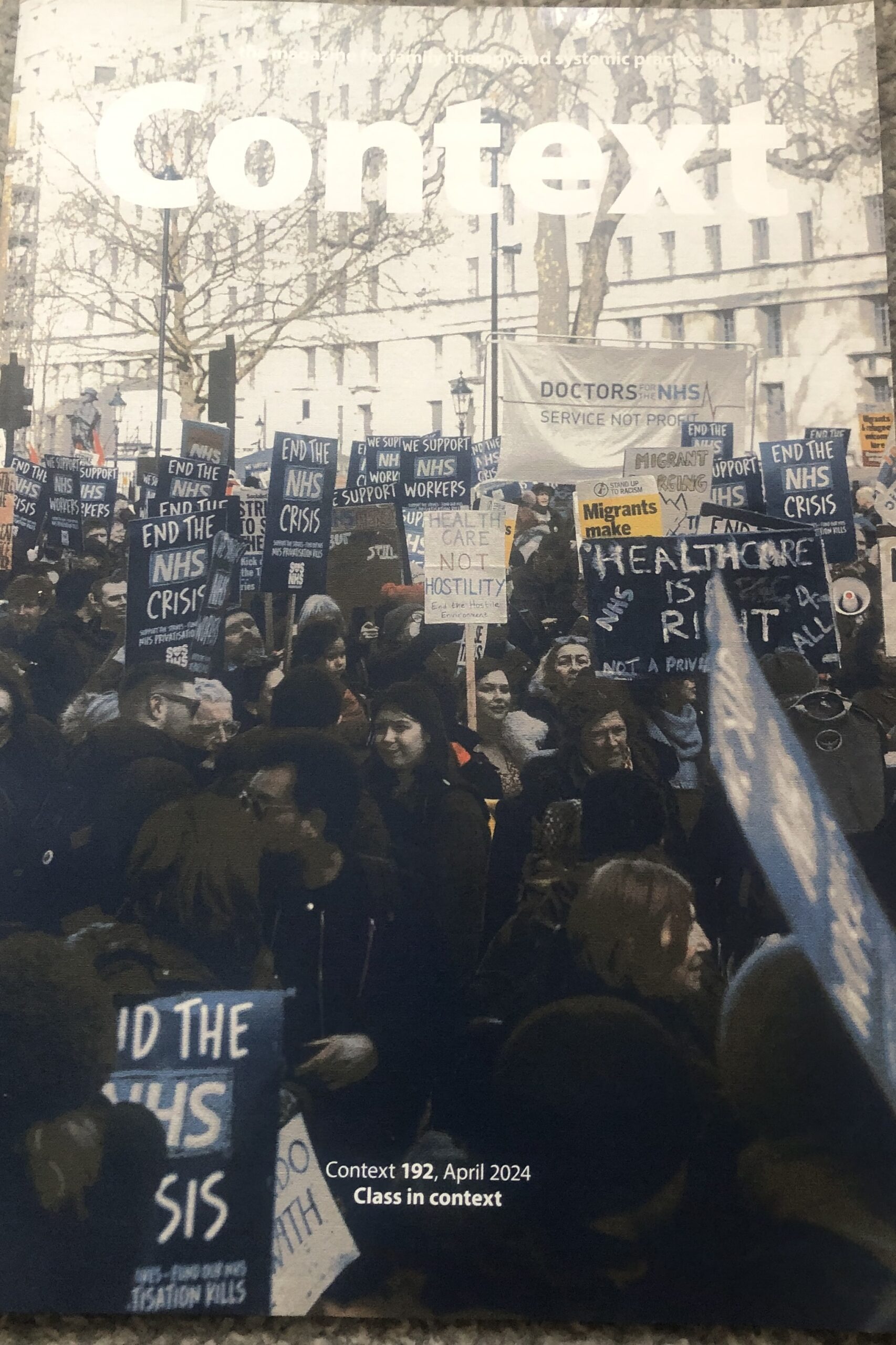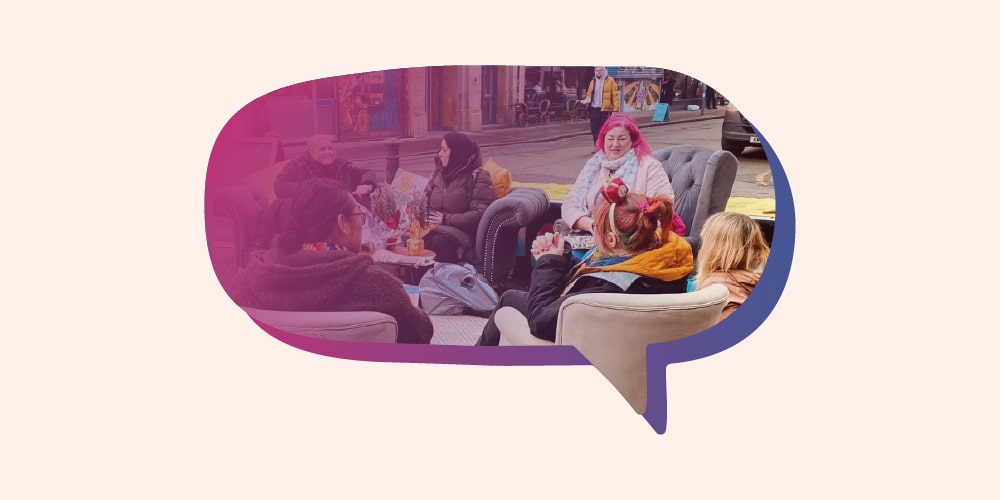
Who Looks After You?
Yesterday a member of the community chose to share their life story. One filled with trauma and abuse. At the end, the person said to me, ‘who looks after you?’
And it made my heart open and also made me think deeply about the labels that we apply to this person and the neighbourhood they live in.
We often have the cheek to label people who live in low income neighbourhoods & with all that poverty brings as ‘left behind’. We patronise them, infantilise them, see only needs and have little or no real belief in their wisdom, knowledge and experience. We usually seek to ‘empower’ them to act like we believe they should behave.
And yet they are often more attuned than those who seek to help, fix & ‘empower.’
They are often magnificent convenors and have a real understanding of power over, having been oppressed by such practices for so long in overt and covert ways.
Take this as an example. A local worker employed by a local institution walked into a community space that was being used by a group of local women. After explaining that the centre caretaker had given the person the key, they proceeded to invite another group of professionals in to have a look at the space with a view to bringing services closer to the community. An admirable idea, and very fashionable currently, but with no thought about how to show up in citizen space and with no nest, as the local clinic has long since been demolished and replaced by housing. There was no respect, humility or understanding that is often expected when you enter someone’s home place. I imagine that if we turned the tables, this person is unlikely to disturb a meeting attended by the senior members of their institution in order to show a group of community members around the room. Surely place based plans work both ways? The person was unaware that they were using their power over the community and had to be asked to take their meeting into another room.
Perhaps they came to visit as this day is currently rent free? We use the centre for no charge on this day. Maybe they’d been told that. Maybe they are looking to set up some service on this day, a day that according to the cash book, the centre is not used. I really hope I’m wrong about that. That the idea of ‘family hubs’ or primary care networks doesn’t displace self organising community life.
These acts of harm, that people living in poverty experience every day add up and layer over the trauma and abuse already experienced.
And still, the person in the community yesterday, no matter their experience, offered out care and compassion from the heart they’ve had to wrap in barbed wire. They could ask, ‘who looks after you’?
Who’s the teacher here?
